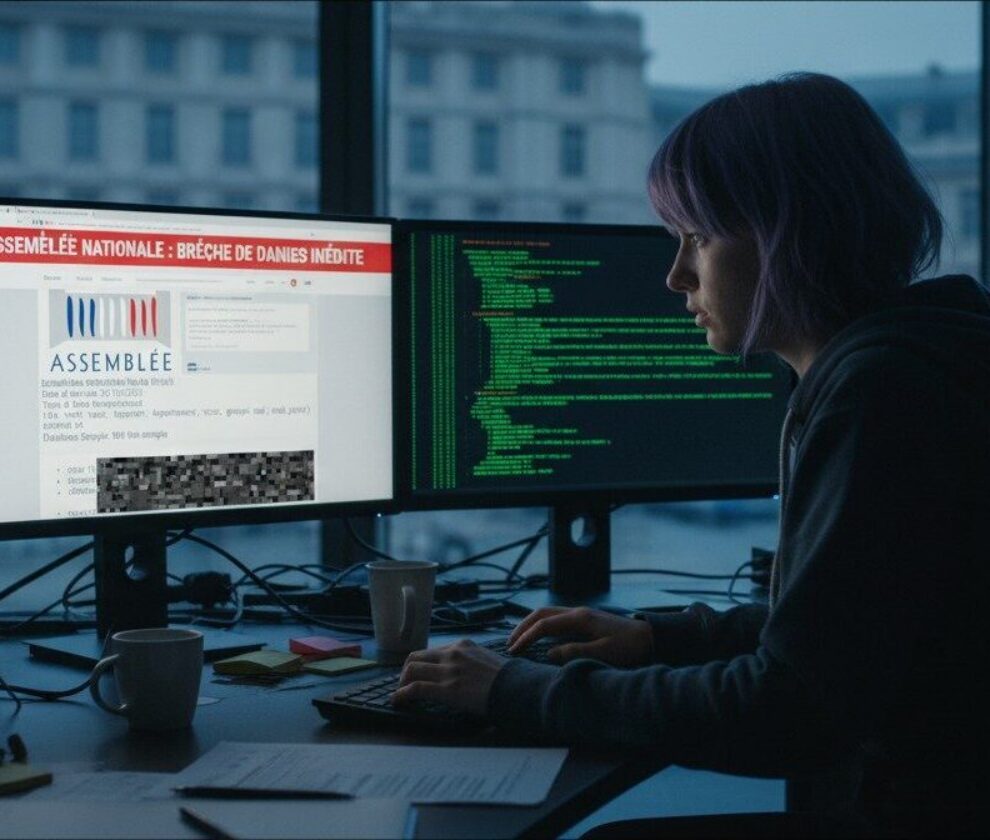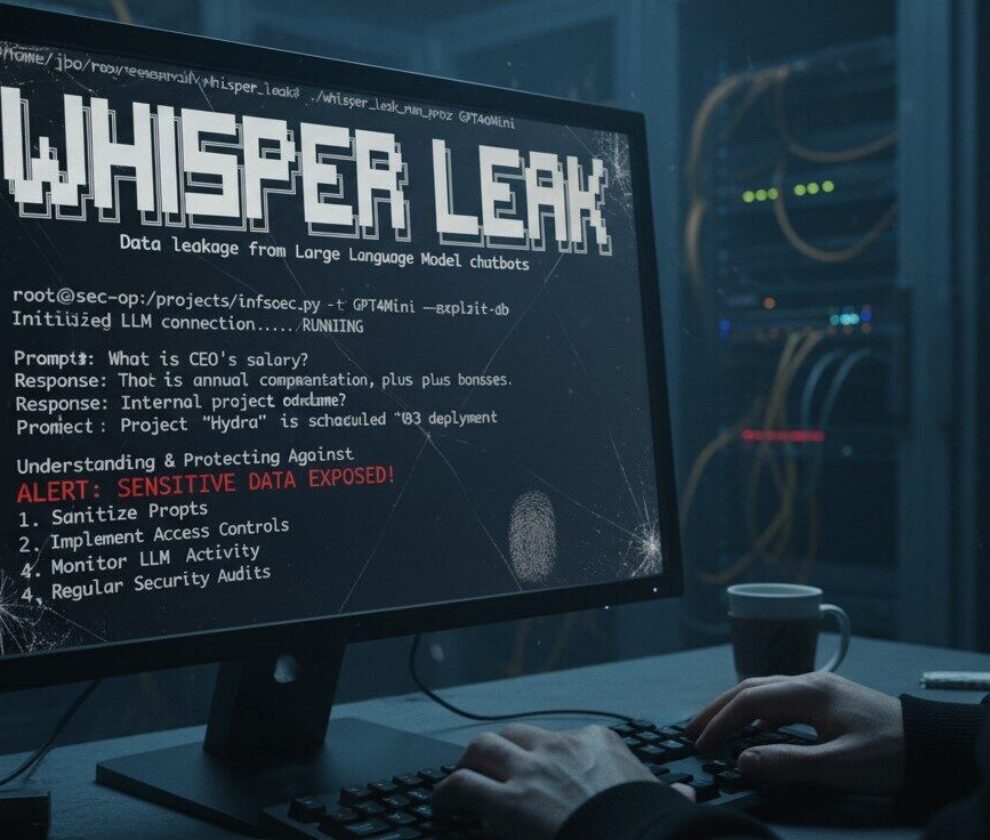The beverage industry experienced a major shake-up as Japanese giant Asahi faced a crippling cyberattack early this week. This incident, which severely disrupted operations, couldn’t have come at a worse time, raising alarms about supply chain vulnerability and industrial cybersecurity. With delayed shipments and fears of a beer shortage, particularly for its iconic Asahi Super Dry brand, this event demonstrates how digital threats can paralyze even the most established corporations.
Production and Distribution Severely Impacted
As early as Monday, Asahi’s operations came to a near halt. Reports indicate that most of the company’s 30 production plants across Japan have been working at reduced capacity. The outage also led to a significant disruption in logistics networks. Pubs and specialty beverage retailers noted considerable delays in supply, affecting sales during one of the busiest periods of the year. For a company like Asahi, reliant on just-in-time logistics and high demand, the impact cannot be overstated.
The Growing Threat of Industrial Cyberattacks
Cybersecurity experts speculate that ransomware may have been involved in the attack, although no group has claimed responsibility yet. This event underscores the increasing prevalence of industrial cyberattacks targeting integrated digital supply chains. Globally, critical infrastructures in sectors such as manufacturing and beverages are proving to be recurring targets, given their financial stakes and vulnerabilities.
“The breach highlights the urgent need for industries to bolster their defenses and rethink their cybersecurity strategies,” says cybersecurity analyst Hiroshi Tanaka.
Asahi’s Response and Strategies for Recovery
Recognizing the gravity of the situation, Asahi quickly activated its IT response teams to restore operations. The company is reportedly collaborating with leading cybersecurity firms to both mitigate the recent attack’s impact and fortify against future attempts. Authorities have also been brought into the investigation, reflecting the escalating strategic importance of cybersecurity in Japan’s industrial sector. Asahi plans to modernize its entire IT infrastructure to ensure a more resilient operational framework, sending a strong message to stakeholders and competitors.
Economic Repercussions
Following the attack, Asahi’s shares slid 2.6% in Japan’s financial markets—a notable dip for one of the country’s beverage icons. Beyond immediate losses, experts caution that the company’s brand reputation could suffer, potentially affecting its standing in the competitive global beer market. Trust, a valuable currency in the realm of consumer goods, may take time to rebuild.
Industrial Cybersecurity: A Global Concern
The Asahi incident is not an isolated event. Similar breaches have struck beverage companies in countries such as Germany, Sweden, and Russia, bringing the issue of industrial cybersecurity to the foreground. As industries continue their shift toward digital operations, the stakes for protecting such infrastructures are skyrocketing.
The beverage industry, in particular, must adapt quickly to these evolving threats. From production lines powered by IoT devices to advanced supply chain algorithms, digital integration comes with risks that require strategic mitigation.
How Businesses Can Protect Themselves
To safeguard against scenarios like the one faced by Asahi, proactive measures are critical. Companies across industries should invest in advanced cybersecurity technologies, including Zero-Trust architectures and real-time monitoring systems. Regular employee training to promote awareness of phishing and other digital threats is also essential.
A focused strategy, combining technology and human vigilance, can ensure that companies not only protect their operations but also maintain consumer trust. Partnerships with cybersecurity firms and regular penetration testing will help identify and close vulnerabilities before they can be exploited.
The Broader Lesson: Why Asahi’s Incident is a Wake-Up Call
This event serves as an important lesson for businesses of all sizes, not just corporate giants. Small and medium-sized enterprises (SMEs), often operating with thinner margins and fewer resources, are not immune to cyberattacks. Experts advise them to learn from high-profile incidents like Asahi’s and adopt preventive measures wherever possible. Implementing affordable cybersecurity measures can significantly lower the risk of becoming the next target.
If you’re unsure where to start, services like Lynx Intel’s My Own Detective offer tailored solutions to safeguard businesses in today’s digital landscape. Protecting your company is not just an IT issue—it’s a strategic imperative.
For further insights, check out our recommended guide: Learn How to Secure Your Web Applications.


